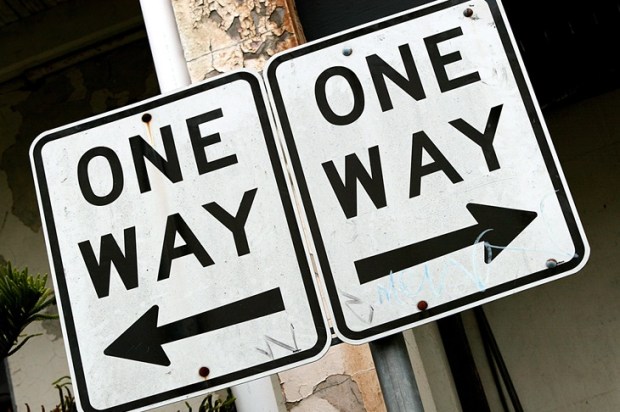Gambling and games of chance are a curse, even if to some small degree they are necessary. Gambling impoverishes families; it destroys marriages and therefore corrupts children. Unfortunately, no matter how many times you tell gamblers that they can’t win, they keep on gambling until they have lost all. We know they can’t win because professional gamblers use every means possible, both legal and illegal, to shorten their odds and win; they count cards, they mark cards, they use mathematical formulae to find the errors of the race track handicapper. While those all fail, the fail-safe method is to bribe jockeys, bribe trainers and bribe the horse with performance-enhancing drugs.
But that’s what you have to do to guarantee your win. Gambling a few hundred years ago was very corrupt. Horse racing, I have read, was legalised in England, back in the days when it was actually Merrie England, in order to curtail and regulate gambling, to prevent people from cheating and being killed.
Gambling is a wealthy man’s sport. When the ‘experts’ say only gamble with what you can afford to lose, they don’t understand human nature. Gambling is a sign of ultimate hubris, the belief that man can overcome chance and profit from it. What goes unrecognised is that someone does win but, unlike industry, unlike the humble shopkeeper, gambling is unproductive investment, despite what horse breeders claim and casino operators say.
In the eighteenth century, various American States used lotteries like the numbers racket, when raising revenue through taxation was next to impossible. In those days given the geographical size of the US and the thin spread of the population enforcement of revenue law, even without tax lawyers and tax planners, was impossible. Yet, the chance of winning a few thousands in a lottery was enough to bring the punter out in everyone. So gambling was used to pay for government services.
Today, in Australia, horse racing and dog racing are available seven days a week; if not here, then overseas. We can gamble every day of the week on lotteries sold through news agencies. Then there are the lotto games, what the New York gangsters called “numbers”. Given your chance of winning, there probably isn’t even any necessity to draw a winner. Isn’t it much the same today with Powerball or Ozlotto or Gold Lotto? Why not just call it taxation and be done with it?
Now I can say honestly that I have never won first prize and I have never met anyone who has, but for $10 or so million, I have to hope that the winners are not all imaginary. Why not, instead of calling it gambling, call the lucky punter’s winnings a tax refund and be done with it?
That idea is not new. When I was a child the Queensland government under premier Ned Hanlon was wary of gambling and decided to give the proceeds the government earned, some moral purpose. Each ticket was inscribed with a message that the revenue raised by purchasing a ticket would be used to pay for the State’s free public hospital system, a first in this country and possibly in the world. Hanlon used that money to construct the first free maternity hospital dedicated to the treatment of women. Such a project would not be permitted by any ALP government and would probably have to dedicate a wing to any trans woman who was having a baby.
Apart from the moral harm that gambling causes in a society, it is a system of flat rate taxation where the poor, those who need to win the most, pay the same rate of tax on their investment as the millionaire. Ironically, very few millionaires gamble from need; although some do waste their money on lucern hay when breeding horses, recovering some of that when they turn uncompetitive nags into dog food.
Gambling is unproductive. It takes money out of the pockets of a large number of people and it pays it all to one or a few, and for the majority, insufficiently to recover the amount of their investment. But governments like it because it seems like fun, it doesn’t impose a duty on the citizen to pay for Society’s upkeep, everyone resents paying taxes and, of course, the government is never held responsible for anyone’s losses.
Games of chance have given governments the only win from what is a lose/lose/lose situation. Like Ponzi schemes and the lotto numbers rackets, it takes wealth from those who can’t afford to gamble. If done with a pistol, it would be robbery. No matter how it is done, gambling is not good government — for government is supposed to seek the best for all its citizens. I am intrigued by the advertisements for online mobile phone apps which permit gambling 24 hours a day, seven days a week. I particularly like the warning: “gamble responsibly”.
If that was all it took, the heartbreak, the theft, the broken families, the jail terms would not exist.
Got something to add? Join the discussion and comment below.
Get 10 issues for just $10
Subscribe to The Spectator Australia today for the next 10 magazine issues, plus full online access, for just $10.

























Comments
Don't miss out
Join the conversation with other Spectator Australia readers. Subscribe to leave a comment.
SUBSCRIBEAlready a subscriber? Log in